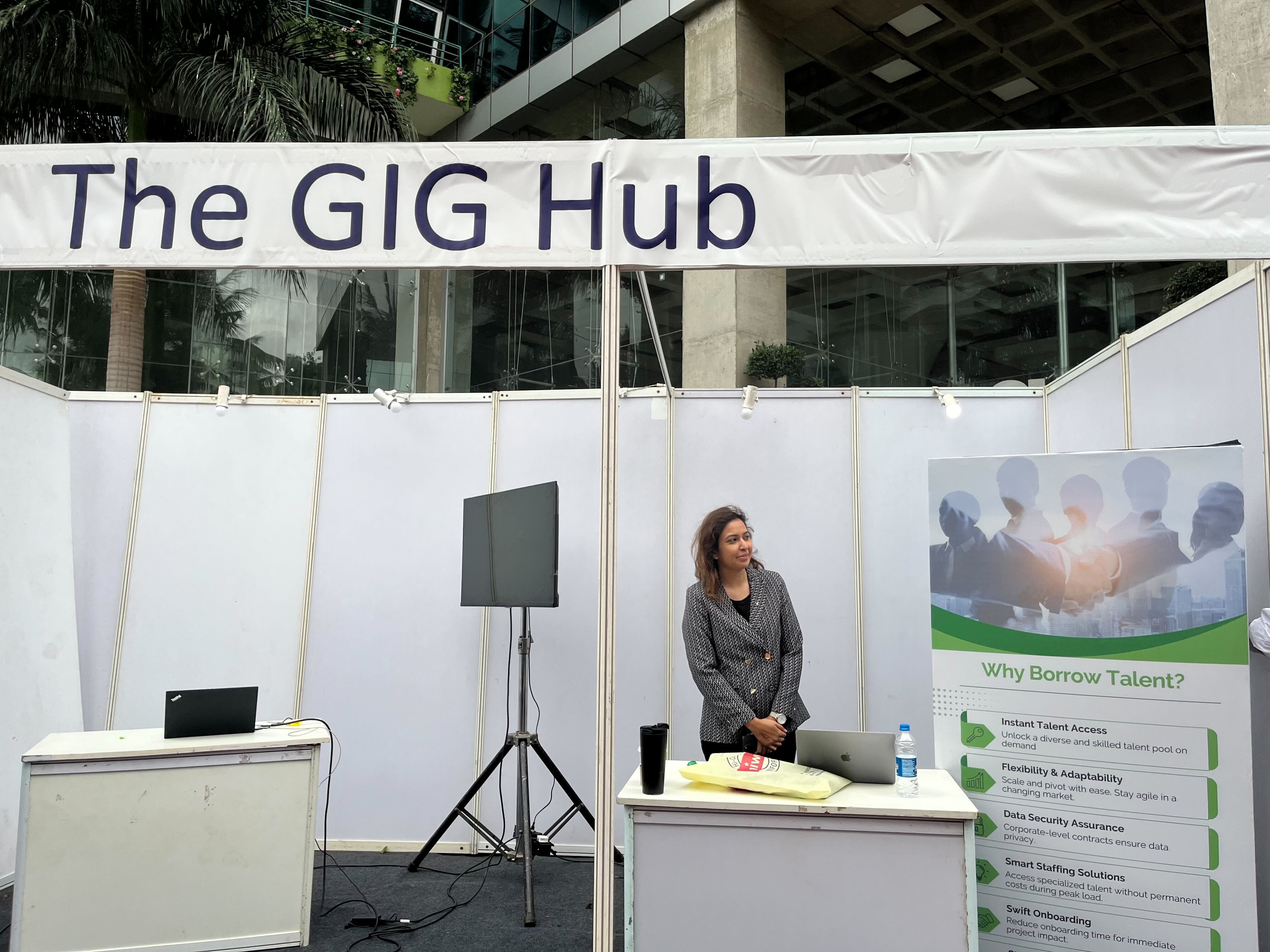Trends in freelancing
Flex, before the going gets tough!
Written by: Flexing It
9/11/2012
3 minutes read
![eye]() 15
15
![share]() 0shares
0shares
What lesson did an unprecedented disaster like ‘Sandy’ teach organizations? Well, the fact that, increasingly, companies have to change their perceptions about how people work and what makes sense for employers. As Sandy brought things to a standstill on the East Coast of the USA, those employers who had put in place remote working systems for their employees, were still able to function, albeit not optimally. Organizations which had been caught napping when it came to implementing flexible working arrangements were left out in the cold.
Not just because of a natural disaster like Sandy; with growth slowing down in even the so-called tiger economies, the recession has forced companies to think innovatively about people and adopt less traditional business structures. Nimble thinking and moving organizations have embraced the trend of ‘projectisation’ of work, where organizations hire expertise on a project-by-project basis or offer flexible opportunities including fewer hours, temporary contracts and freelance contracts, rather than sticking to rigid employment contracts. Companies which are weathering the downturn the best are those where management and employees are coming together to develop new ways of operating. This shift makes sense for employees too, who would otherwise be left high and dry by any sudden retrenchment. Instead, they get the time to mentally orient themselves and suitably re-skill themselves to take advantage of flexible opportunities.
Is the move towards more flexibility reflected among Indian organizations as well? The answer is certainly a yes, especially in the private sector. Leading companies like HSBC, IBM, Godrej and many more are successfully retaining top talent through options like part-time work (half-work, half-pay arrangement), staggered hours and telecommuting. (http://businesstoday.intoday.in/story/firms-opt-for-flexible-working-hours/1/12602.html)
Offering greater flexibility has positive spinoffs in terms of higher employee retention and engagement. More importantly, it enables companies to access a wider pool of diverse talent-professionals who want to simultaneously pursue multiple passions, professionals who desire greater work-life balance, women returning after a career break and older professionals - and at more attractive terms than might have been possible in a traditional business structure. The writing on the wall is therefore clear – Flex before the going gets tough!
Kavita Neelakantan is an MBA from IIM Ahmedabad, who works flexibly, as a consultant with education service companies and training and development organizations. She also spends a great deal of time, discovering new worlds with her three-year-old son.








 `
`  15
15
 0shares
0shares





